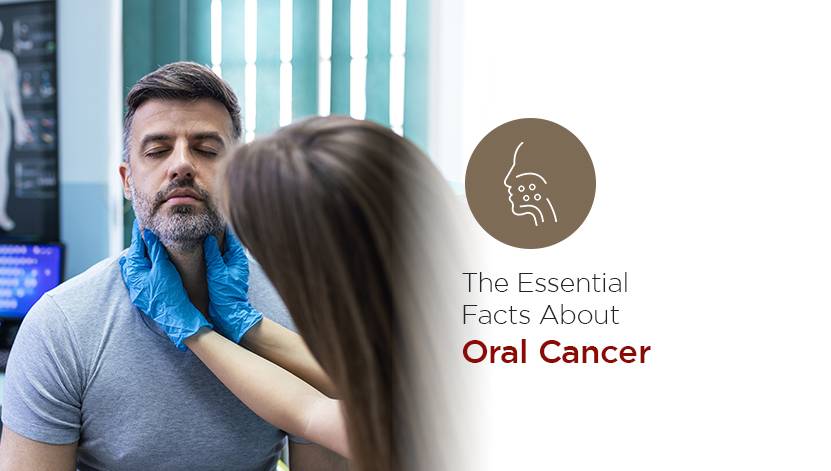Oral cancer is emerging as one of the most common forms of cancer in this modern world. Unlike the popular belief that oral cancer mainly occurs in the people who smoke or chew tobacco; now-a-days it is seen in people of all groups and without any of these habits. So, let's navigate through the crucial information that dentists are recommending for every one of us to know, to take some proactive steps to maintain our oral health.
Understanding the risk factors is paramount in preventing oral cancer. Tobacco usage in the form of cigarettes and chewables increases the risk of oral cancer. Other factors such as increased alcohol consumption, HPV infection, poor oral hygiene, and weakened immune systems also increase the risk of oral cancer.
